Affidavit, Affirmation, Oath & Declaration


A declaration is an explicit statement or an acknowledgement made by a person about something. Generally, declarations are made by members of the public when they cannot produce the required supporting documents to prove their claims. For example, declarations are made to support applications to various government departments or non-governmental organisations.
An affidavit is usually made when an oath is required. An affidavit is a written statement of facts confirmed by the oath of the maker. As the oath is a solemn promise invoking a divine witness (i.e. God), it may not be appropriate for people with other or no religious beliefs. The affidavit is usually used in legal proceedings when making an application to the court as evidence of the matters.
An affirmation is a written statement of fact verified by the solemn and sincere affirmation of the maker as an alternative to an affidavit. If someone objects to taking an oath, usually for religious reasons, one shall be allowed to make an affirmation in place of an oath for any purpose as required by law.
One should first include one's name, address, phone number, etc. in the first paragraph In relation to the actual declaration, it should be about very specific facts that the declarer would like to convey. The declaration made should be truthful and accurate, to the best of the declarer's knowledge. As a declaration is a legal document, it is a criminal offence in many common law jurisdictions to make a false declaration.
An affidavit is usually made by Catholics or Christians. People with other religious or non-religious beliefs should give their affirmation. Affirmation and affidavit formats are usually available from the registry of courts.
A person who gives written evidence in an affidavit or affirmation is called the deponent. Generally in an affidavit or affirmation, an unwitnessed witness can only provide facts as evidence (unless he is a professional witness, he can also provide opinions as evidence in his professional field).
The evidence provided must be within the personal knowledge of the parties. However, if the source of the information and the basis of the belief has been stated, the affidavit or affirmation may contain a statement of the information or belief. It should be noted that the affidavit or affirmation must be truthful or accurate and the deponent would take personal responsibility for the content of the affidavit or affirmation. As it is a court document, intentionally providing false or misleading evidence in an affidavit or affirmation, can be prosecuted under the crime of perjury.
The contents of the affidavit or affirmation should be listed in short, numbered paragraphs. The sentences in the paragraph should be clear and concise. Documents referred to in affidavits or affirmations shall be indicated as exhibits and annexed to the affidavits or affirmations. For easy identification, these exhibits should be numbered.
The declaration can be a general declaration or a statutory declaration. There are certain formalities to follow in respect of a statutory declaration, and the declaration should be made in front of a lawyer, a justice of the peace, or a public officer responsible for oaths and declaration. Please also refer to the section on “statutory declaration”.
In relation to an affidavit or an affirmation, it should be sworn and signed in front of a lawyer (but not the lawyer acting for the deponent) or a public officer responsible for oaths and declarations.
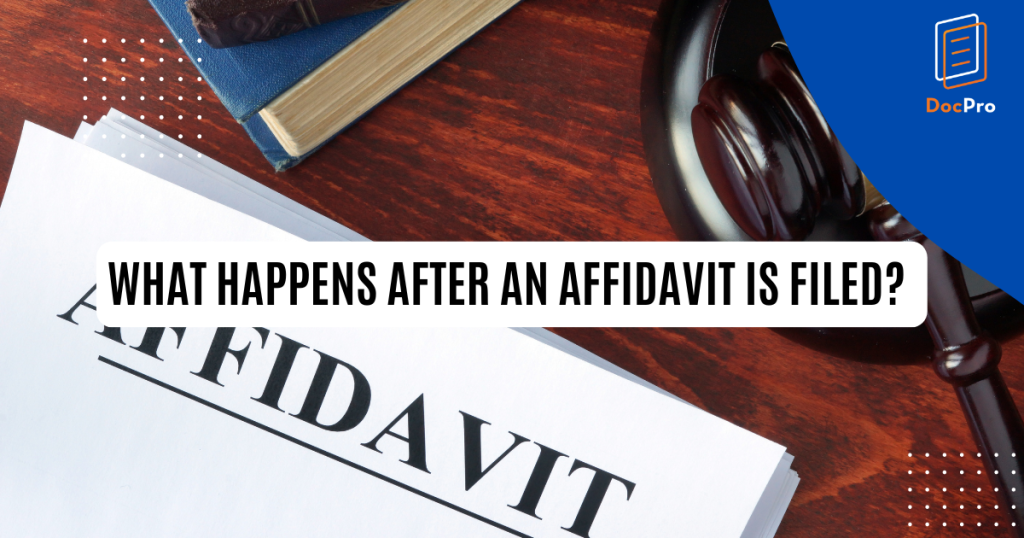
23 Aug 2023
3 min read

3 Jan 2022
5 min read

12 Mar 2021
5 min read

18 Dec 2020
6 min read
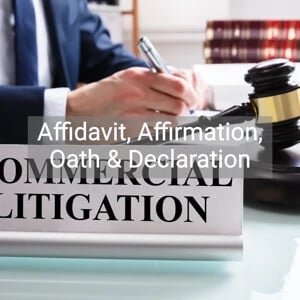

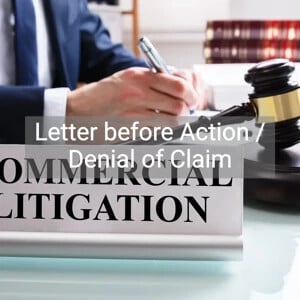
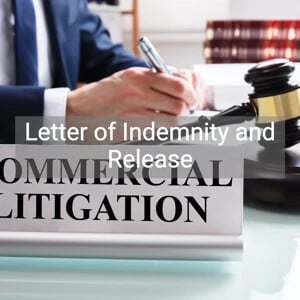
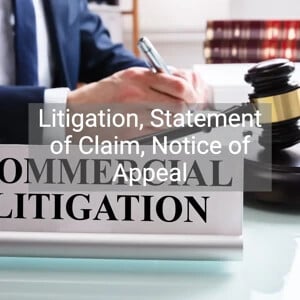

Not the right document?
Don’t worry, we have thousands of documents for you to choose from: